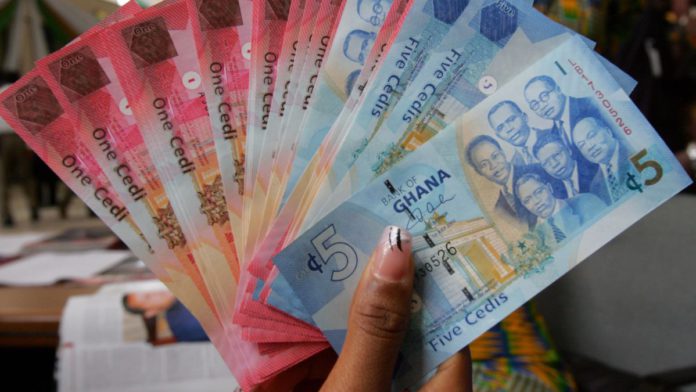
The issue of effective economic management has been a major concern for Ghanaians, with both the New Patriotic Party (NPP) and the National Democratic Congress (NDC) presenting varying claims.
The aim of this article is to examine the economic management performance of the NPP between 2001-2008 and the NDC administrations between 1993-2000 in Ghana and establish which party has managed the country’s economy better.
Ghana’s economy experienced a remarkable growth under the governance of President John Agyekum Kufour NPP led Government. The Nation’s GDP increased from GHS 2.715 billion (Year 2000) to GHS 30.179 billion (Year 2008). This means within eight years, Ghana’s GDP increased by more than tenfold. A comparative analysis of the average GDP growth rates of the NDC and NPP administrations using IMF data reveals that while the former recorded an average GDP of 4.5% from 1993 to 2000, the latter achieved an average of 5.5% from 2001 to 2008.
In addition, the economy also experienced stability in other macroeconomic indicators such as exchange rate, unemployment, and inflation. The country’s debt stock significantly reduced by about GHS4.8 billion, according to the Ministry of Finance. Ghana’s Public Debt to GDP reduced from 181.65% (Year 2000) to 32.30% (Year 2008).
Social and policy reforms, rapid infrastructure development, and the ground-breaking National Health Insurance Scheme (NHIS) policy were implemented, which registered 11 million people to promote free access to healthcare services. Other major social intervention policies like free maternal healthcare and eradication of the infamous cash and carry system in education and healthcare were also implemented.
In addition, massive facelifts of school buildings, hospitals, roads, and giant steps in the energy sector were made. The NPP handed over a strong economy to the NDC administration in January 2009.
However, data from the Ministry of Finance shows that during the Mills/Mahama’s eight years, the NDC administration failed to continue building on the foundation laid by the NPP government. Ghana’s debt stock increased from GHS 9.746 billion (Year 2008) to GHS 122.165 billion (Year 2016). Thus, by January 2017, the NDC had managed to increase the country’s debt stock by over a whopping 800%.
To end this first part of the series, under the Mahama-led NDC administration, Ghana’s single-digit inflation and budget deficit also doubled, the economy came to a standstill, and corruption and incompetence thrived. To worsen matters, the NDC failed to introduce any ground-breaking socio-economic policy to improve the lives of Ghanaians. The best they could offer was to bombard citizens with numerous taxes to be able to service the avoidable public debt caused by the Mahama administration.
The Mahama-led NDC best shot was to either cancel or collapse every social-economic intervention policy they inherited from the NPP. They underlisted is non-exhausting.
1. National health insurance scheme, collapsed
2. School feeding programme, collapsed
3. Nursing training allowance cancelled
4. Teacher training allowance, cancelled
5. Community nurseh programme collapsed
6. Community police programme collapsed
7. Community teacher programme collapsed
8. Energy sector collapsed
9. Businesses in the country collapsed
10. The security system of this country collapsed.
This first serie of this Article has examined the period 1993-2016. The concluding part, to be published later, will review the period 2009-2022.
*By P. B Boakye, Ph.D.*
0505826424

